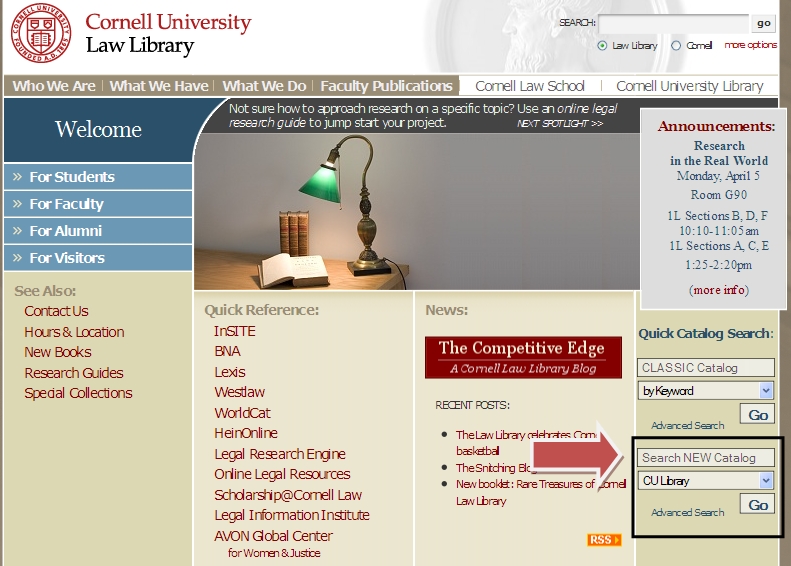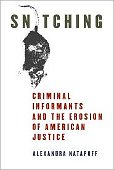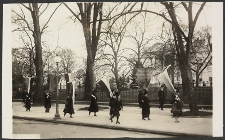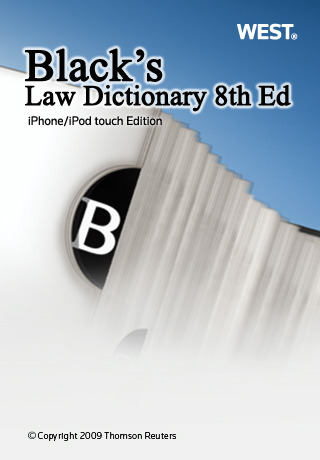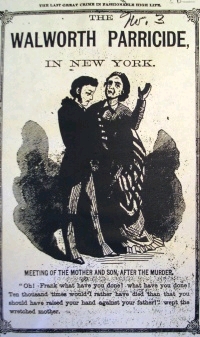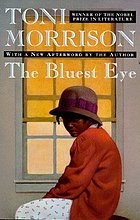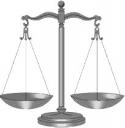Have you ever wished you could use the library catalog to search for articles published in journals? Or discover what books other libraries (not just those at Cornell) might have in their collections on a particular topic or written by a particular author? With the new Cornell library catalog, WorldCat Local, you can do that and more.
Library catalogs have traditionally served as finding tools for a specific library’s collection. You could search the catalog for a journal title once you had located an article citation (usually in a periodical index), and then try to ascertain from the catalog information whether the specific journal issue you needed was in the library. This kind of research was time- and labor-intensive. The catalog could show you what the library owned in a given subject area, but a researcher would need a more comprehensive view of the literature in his or her field, beyond a single library’s collection, to identify relevant articles and books. WorldCat Local aggregates the catalogs of thousands of libraries worldwide, allowing you to discover what other libraries have in their collections, in addition to what Cornell has.
WorldCat Local is a new discovery tool that overcomes these limitations of traditional library catalogs, and offers many other interesting and useful features as well (some of which will be described in future posts to The Competitive Edge). To explore WorldCat Local yourself, enter a search in the search box located in the bottom right corner of the Law Library home page (the box that says ‘Search NEW Catalog’) or go directly to the WorldCat Local search page at http://cornell.worldcat.org/.

